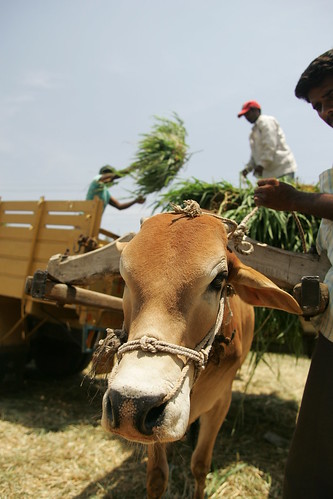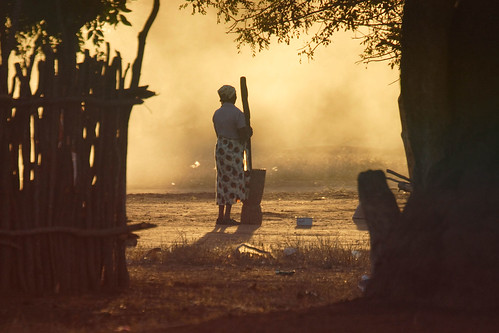Policy interventions to address farmers' shortage of capital, low profit margins and constraints in the supply of day-old chicks can help to reduce the rate of exit from Bangladesh's poultry industry, a research study by the International Livestock Research Institute (ILRI) reports.
The results of the study are contained in a policy brief (published December 2011) that highlights findings of surveys carried out in 2005 and 2007 to assess the reasons for exit from the poultry sector in Bangladesh and possible solutions. The study considered both broiler and layer enterprises, and large- and small-scale poultry keepers.
The study was carried out in collaboration with partners from the Bangladesh Agricultural University and the Bangladesh Ministry of Food and Disaster Management.
Download the brief.
Citation
Jabbar MA, Rahman MH, Talukder RK and Saha SK. 2011. Exit from Bangladesh's poultry industry: Causes and solutions. ILRI Policy Brief. ILRI (International Livestock Research Institute), Nairobi.
You may also be interested in:
ILRI Research Report: Contract poultry farming in Bangladesh
The results of the study are contained in a policy brief (published December 2011) that highlights findings of surveys carried out in 2005 and 2007 to assess the reasons for exit from the poultry sector in Bangladesh and possible solutions. The study considered both broiler and layer enterprises, and large- and small-scale poultry keepers.
The study was carried out in collaboration with partners from the Bangladesh Agricultural University and the Bangladesh Ministry of Food and Disaster Management.
Download the brief.
Citation
Jabbar MA, Rahman MH, Talukder RK and Saha SK. 2011. Exit from Bangladesh's poultry industry: Causes and solutions. ILRI Policy Brief. ILRI (International Livestock Research Institute), Nairobi.
You may also be interested in:
ILRI Research Report: Contract poultry farming in Bangladesh




